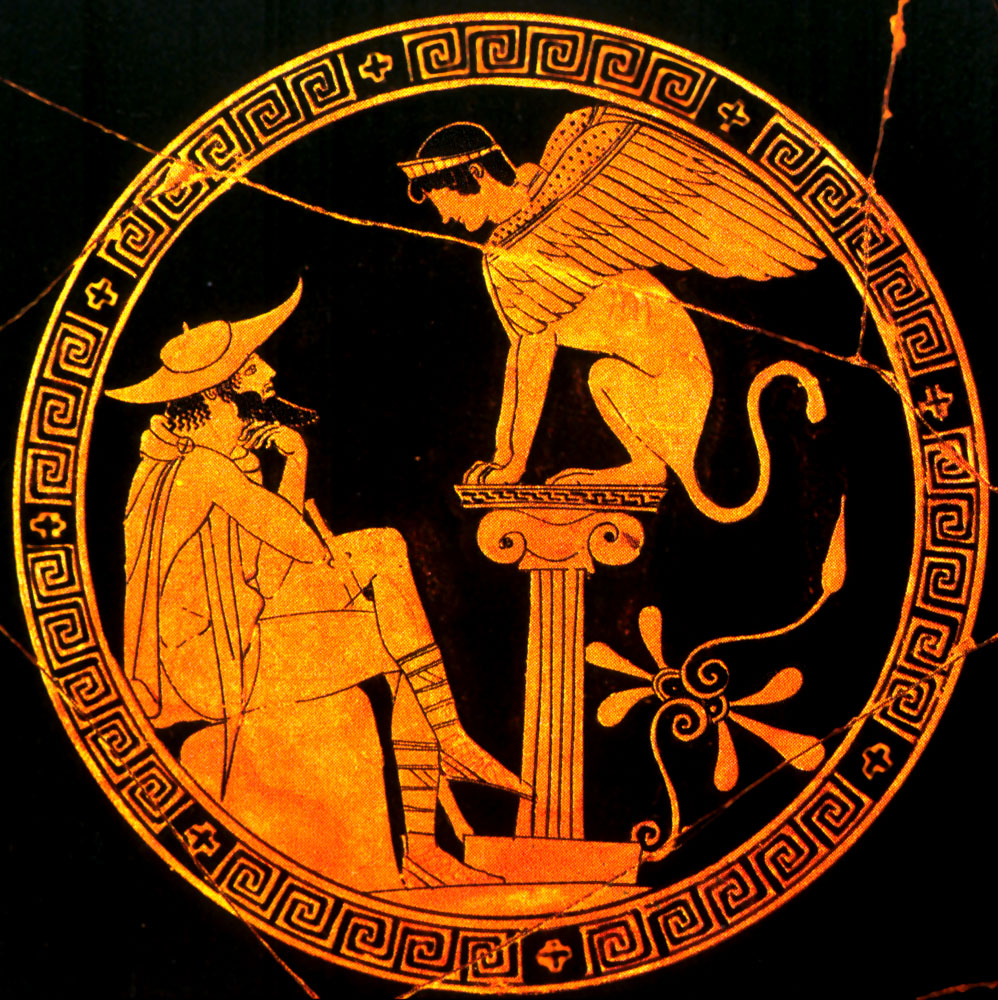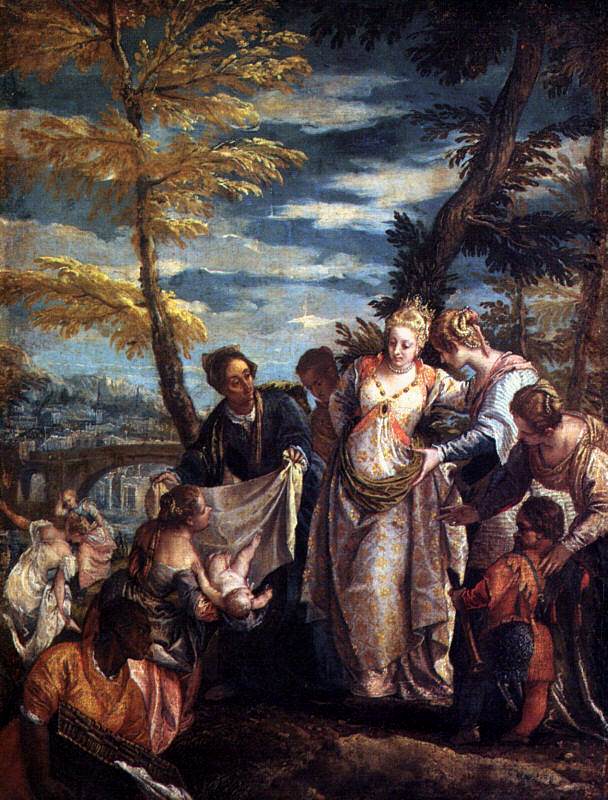
This is the ancient history behind present day hot-button issues.
The plurality of stances possible within orthodoxy is surprising to our uncritical post-Enlightenment prejudices. On the other hand, heresy, perhaps by definition, or at least by etymology, tends to be sterile and one-sided. Ross Douthat, captures some of this heretical reductionism in Chapter 5 (“Lost in the Gospels”) of Bad Religion: How We Became a Nation of Heretics, “The goal of the great heresies . . . has often been to extract from the tensions of the gospel narratives a more consistent, streamlined, and noncontradictory Jesus.” [I’ve previously mentioned the surprising role Constantine played in the development of Christian pluralism here.]
Christians have been critically aware of orthodoxy’s perennial dynamism at least ever since John Henry Newman’s An Essay on the Development of Christian Doctrine, which you can read here in its entirety at the Newman Reader.
Yet, there have been some constants in this torrent of constant change. For example, Judeo-Christian sexual ethics totally revolutionized the looser attitudes of their Graeco-Roman predecessors. More importantly, given the recent mayhem in Texas over abortion legislation, there is the ancient Christian tradition of opposing abortion. It is enshrined in its oldest post-biblical documents such as the Didache and the Epistle of Barnabas.
Here is how Peter Brown, in his monumental study The Body and Society, summarizes the sexual transformation brought on by the first few centuries of Christianity:
“Nor did the products of sexual intercourse lie any longer in a neutral zone, waiting for the family to decide whether they were relevant or not to human society: contraception, abortion, and the placing out of children were equally condemned. By the sixth century, the ancient right of the Roman father to decide whether or not he would accept a newborn child was spoken of as a custom that belonged to a distant, pagan age. As Tertullian put it, with lapidary brevity: ‘What will be human is human.'”

There is no direct mention of abortion in the New Testament, because the pro-life position was taken for granted by Jews. The early Christians, as good Jews, followed many centuries of Jewish tradition by rejecting abortion, contraception, and infanticide.
One example is the Alexandrian Jewish writings known as the Sentences of Pseudo-Phocylides, “A woman should not destroy the unborn babe in her belly, nor after its birth throw it before dogs and vultures as prey.” It doesn’t take much effort reading between the lines to figure out these must have been fairly common practices among the Graeco-Roman population in which the Jewish diaspora lived. The most cursory glance at the historical scholarship done on Graeco-Roman practices will confirm what I’m saying here. You can also reference their literary output.
The difference of the fates of Oedipus and Moses are instructive here. They hint at very different attitudes toward children. One exposed child is fated to be a criminal, while the other becomes a liberator.

Was blind, but now, I see.” Can’t really say the same for Oedipus.
Therefore, the interesting historical twist might be that being pro-abortion is anti-Semitic.
There are also connections with the controversy about natural law, and its application to our abortion debates, started by David Bentley Hart in First Things. He says the following:
“There is a long, rich, varied, and subtle tradition of natural law theory, almost none of which I find especially convincing, but most of which I acknowledge to be—according to the presuppositions of the intellectual world in which it was gestated—perfectly coherent. My skepticism, moreover, has nothing to do with any metaphysical disagreement. I certainly believe in a harmony between cosmic and moral order, sustained by the divine goodness in which both participate. I simply do not believe that the terms of that harmony are as precisely discernible as natural law thinkers imagine.
That is an argument for another time, however. My chief topic here is the attempt in recent years by certain self-described Thomists, particularly in America, to import this tradition into public policy debates, but in a way amenable to modern political culture. What I have in mind is a style of thought whose proponents (names are not important) believe that compelling moral truths can be deduced from a scrupulous contemplation of the principles of cosmic and human nature, quite apart from special revelation, and within the context of the modern conceptual world. This, it seems to me, is a hopeless cause.”
I’ll have to do some more research before taking sides in this debate. It might be the case, like with the abolishing of slavery (think Moses again), that being pro-life is yet another revolutionary innovation of the Judeo-Christian tradition.
==================================================================================
For further reflections on this topic, this time more from a philosophical rather than an historical viewpoint see: “Abortion, Cognitive Bias, and the Problem of Representation.”
==================================================================================











